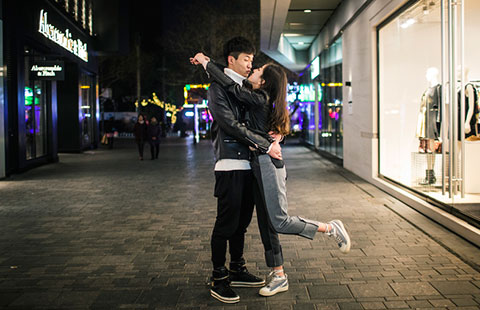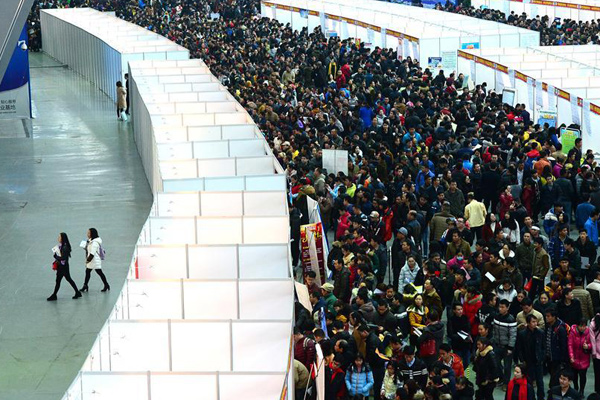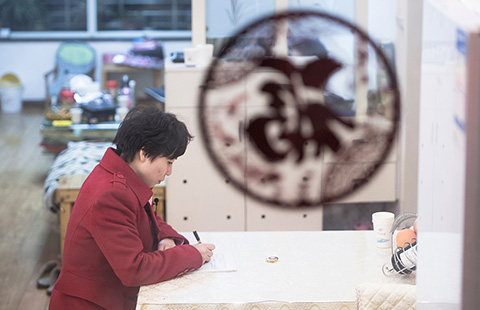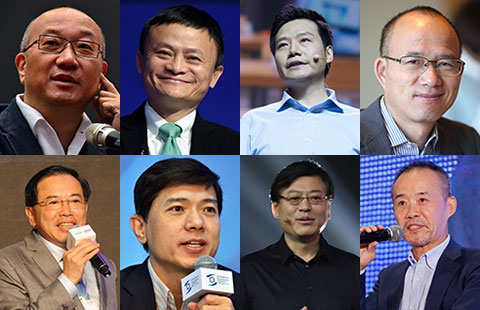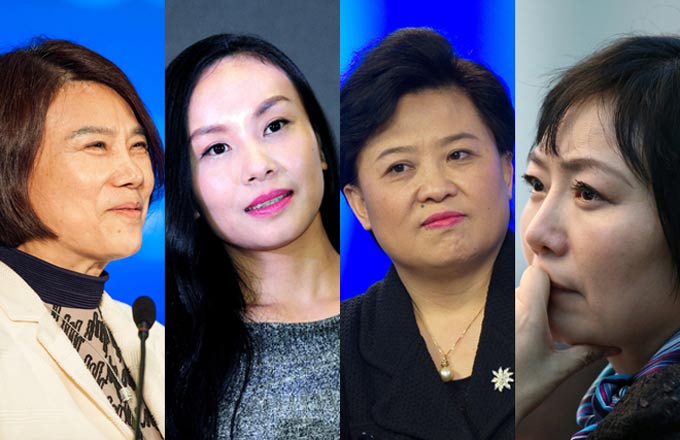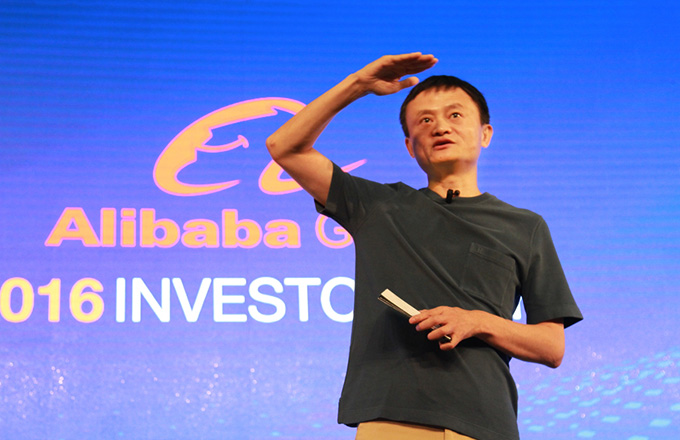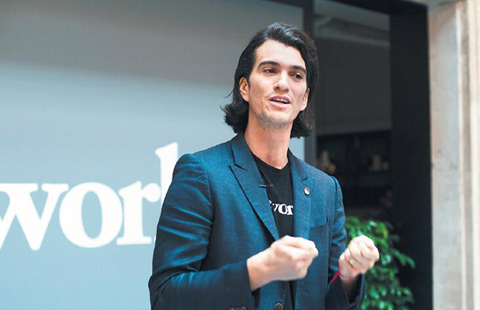China is on outside looking in




|
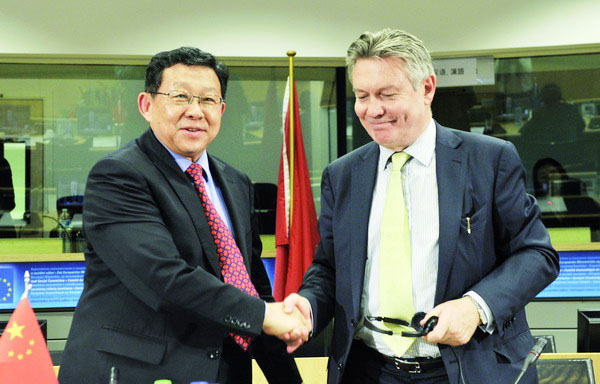 Then Chinese commerce minister Chen Deming shakes hands with EU Trade Commissioner Karel De Gucht ahead of the 26th EU-China Economic and Trade Joint Committee meeting in Brussels last year. [Photo / China Daily] |
But Beijing is keen to start trade talks with EU, and is set to talk with Japan and South korea
As the European Union and the US prepare for talks on a free-trade agreement, China has made it clear that it will not sit idly by and be left on the outside.
The European Commission President, Jose Manuel Barroso, has said an agreement between the EU and the US will be a "game-changer" for world trade, and now China is getting in on the act by trying to start free-trade talks with the EU.
Wu Hailong, China's ambassador to the EU, says his country has sent a proposal to the EU on talks about a feasibility study and is waiting for a reply.
"But as far as I know, the EU is not that active on the matter, partly because the talks with China would be much harder, and partly because the EU is in talks with the US and is considering talks with Japan."
The Commerce Ministry announced on March 19 that a meeting between China, Japan and South Korea would be held in Seoul on March 26 "to hammer out a tripartite free-trade agreement".
At the moment China and the EU are each other's largest trading partners and China and the US are each other's second largest trading partners.
Bart Kerremans, professor of international political economy and American politics at the University of Leuven in Belgium, says that while the EU-US talks will not greatly affect EU-China ties, "at least not in the short run", the significance of the talks goes beyond trade itself to new trade rules that will be created and whose impact will be long felt.
There is a long history of the US and the EU more or less determining what happens in the multilateral trading system, Kerremans says.
"Many countries are suspicious about the fact that rules set bilaterally by the EU and the US could be forced upon the rest of the World Trade Organization in the future. Or the US and the EU could at least try to do so. Especially developing and emerging economies are suspicious here, and rightly so."
John Clancy, the EU trade spokesman, said that besides creating new regulations, "we will also aim at jointly promoting rules and standards that could be applied at the global level".
Fredrik Erikson, director of the European Centre for International Political Economy in Brussels, says the new rules will pose risks for China when other countries enter into trade pacts to which China is not a signatory, such as imposing stricter rules on subsidies, state-owned enterprises, public procurement, regulatory transparency and excessive non-tariff barriers.
As China continues to move upward in the global value chain, in the long run its export structure is certain to change.
Kerremans says: "At that point it will be difficult for the Chinese to change the standards and norms that the EU and the US eventually set in their agreement and that they will actively seek to apply to other promising export markets. More fundamental for China are the agreements that the EU has negotiated with South Korea, and is about to negotiate with Japan or is negotiating with other economies in the East Asian and South Asian region."
Zhao Zhongxiu, dean of the School of International Trade and Economics at University of International Business and Economics in Beijing, says that "if the multilateral system is changed due to the transatlantic talks, we will have to accept it".
